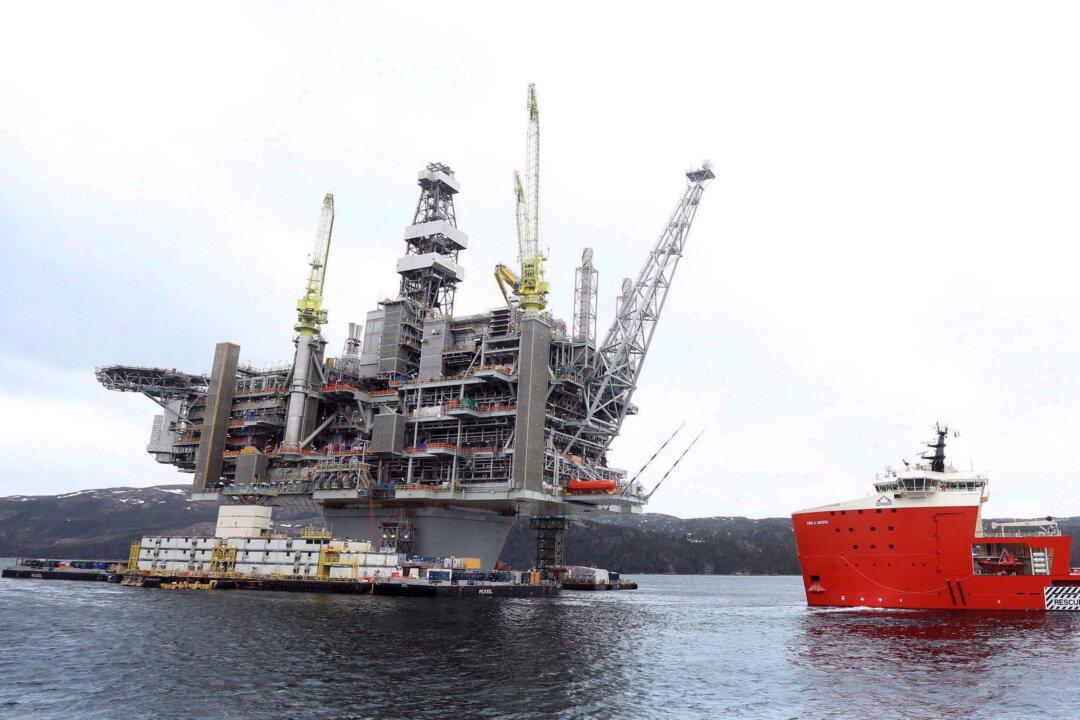Nearly 60 percent of Canadians believe Canada is doing a poor job in developing a shared long-term vision for the country’s energy future, a new poll has found.
Thirty percent of those surveyed say Ottawa is doing a “poor” job, and 29 percent say it is doing a “very poor” job, of planning for the country’s future energy needs, according to a poll conducted by Nanos Research.





